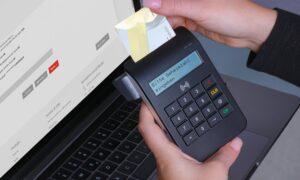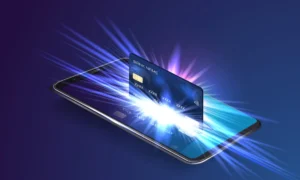Free trials are ubiquitous–streaming services, software applications, subscription boxes, even fitness programs. It is an excellent method to trial a service without signing up 100 percent; however, with it also comes a leading trap: automatic payments after the trial is finished. A majority of the users forget to cancel on time, and this results in unwanted charges. That is where virtual cards come as your last line of defense.
Problem with Free Trials
In most free trials, the user has to put valid payment information so that they can access the service. Even though companies argue that it is to facilitate a smooth transition, the application has been found in most instances to cause:
- Unseen trial charges are being billed after the end of the trial period
- Cumbersome modes of cancellation
- Exposure of Data in case of a security breach by the provider
The problem is not in a free trial as such: it is the fact that you do not control how and when your payment information can be utilized.
How Virtual Cards Solve the Problem?
A virtual card is a digital payment card that behaves just like a normal debit or credit card, except it is stored and therefore managed online. One can create it instantly online, such as OnlineCheckWriter, and personalize the check for definite purposes.
With virtual cards, you can do a free trial and access:
- Set an Expiration Date – Expire the card before the billing date of the trial.
- Limit the Available Funds – Block transactions over some level.
- Use Single-Use Cards – Once the card is used, it will automatically be disabled.
This implies that by the end of the trial, the case where your card tries to be charged does not go through, helping safeguard your checking account.
Step-by-Step: Using a Virtual Card for a Free Trial
- Sign Up with a Trusted Provider – Use a provider such as OnlineCheckWriter and generate a virtual card in a few seconds.
- Assign the Card to the Trial Service – Use it ONLY with that subscription.
- Set a Limit – Once the trial is going to cost $15/month, apply a limit on a card to zero once the trial is up.
- Track Your Trials – Keep a list of the trials going on, against particular virtual cards.
Real-Life Example
Suppose you are trying a new graphic design software where you receive a 14-day free trial.
- You register a one-time virtual card with a balance of 0 dollars.
- You then use that card to sign up for the trial.
- Once the trial period is over, the company tries to make the card payment, which is rejected, resulting in an unexpected payment.
No emails cancelling. No, forget to cancel headaches.
Why This Works for Businesses Too?
Companies usually subscribe to a variety of project management tools, analytics tools, or advertising platforms trials. With the separate virtual cards for each trial:
- Keeps expenditures under control
- Stops the tendency of the team members to accidentally approve charges
- Streamlines reporting as far as expenses are concerned
Final Takeaway
Free trials are a clever system to experiment with products- however, they can end up costing a fortune should they go out of control. Virtual cards take you back to being in charge, and you only pay when you actually desire to continue with the service.
Copied with tools such as those offered by OnlineCheckWriter.com Virtual Card, anybody can now generate cards on the fly, place rigid limits, and protect their wallet against unseen expenses.



































